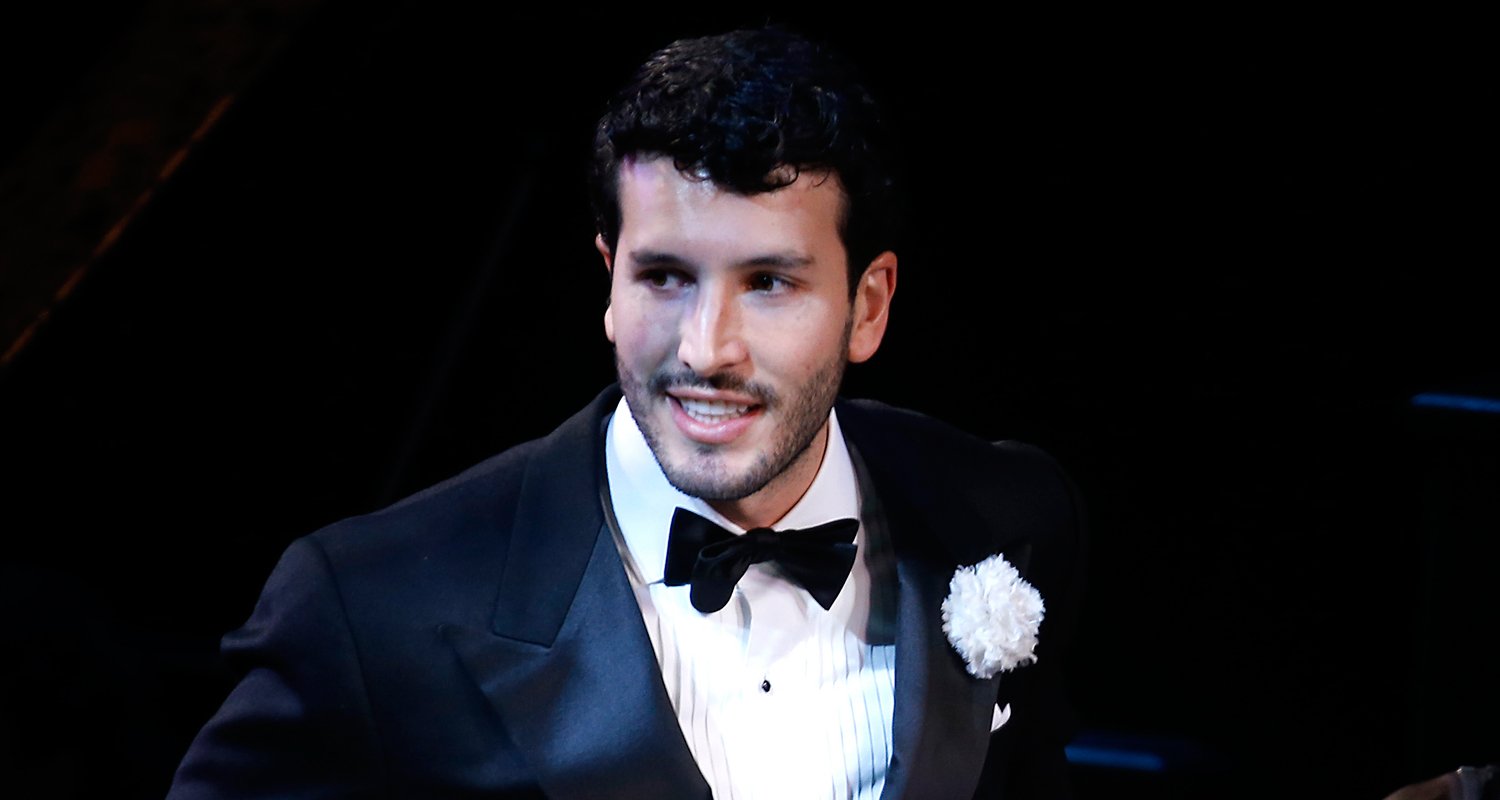ARTICLE AD

The Piano Lesson director Malcolm Washington came to Deadline’s Contenders London with the stars of his feature helming debut — John David Washington and Danielle Deadwyler — as well as composer Alexandre Desplat, to discuss his adaptation of the famous 1987 play by August Wilson. Set in the Depression-era 1930s, The Piano Lesson is a story that centers on a brother and sister’s disagreement about what to do with a family heirloom.
Fielding the first question, Malcolm Washington explained that the film’s sophisticated visual style was key to approaching Wilson’s story. “There’s such a beautiful poetry and rhythm to the dialogue that’s inherent to the text,” he said, “and we wanted to take the job of adaptation seriously, but respect the medium in which we’re working. And that inherently meant a consideration of image and sound — how they function together when you separate the two. I wanted to set it up immediately to let the audience know what kind of film they were getting into. So for the first seven minutes, there’s not any dialogue at all; it’s just image and music and sound design to kind of clear the way and reset your palate.”
That said, Deadwyler noted that Washington gave the cast plenty of leeway. “There was no preconceived framing that Malcolm laid upon us,” she said. “I think we were just driven by heart. We were driven by character intention. We were driven by the speculative imaginings that were a part of the conversations that we were having. So he gave us free range, particularly during rehearsals, and those ideas and the way that we engaged each other enabled him to craft whatever he did with the camera. I believe in being wholly and utterly trustworthy of my director. I don’t look at playbacks, I don’t do any of that.”
As for the pressure of adapting a famous play, John David Washington (who is Malcolm’s brother) described the cast as “fearless.” He elaborated, “It was so fearless because, right away, we were like, OK, we’re making our film. There’s a lot of versions of this story that exist, and this one is ours. We’re going to pass it through our filter of honesty and truth and vulnerability, put ourselves on the line, and fine-tune it to the point that, when you get to the end, the spirit of it is still there. The words are singing, the images are now coming along with it, and we’re trying to craft a full cinematic experience where you feel all the feelings, where you’re using all the tools.”
Subscribe to Deadline
Get our Breaking News Alerts and Keep your inbox happy.

.png) 1 month ago
14
1 month ago
14 

